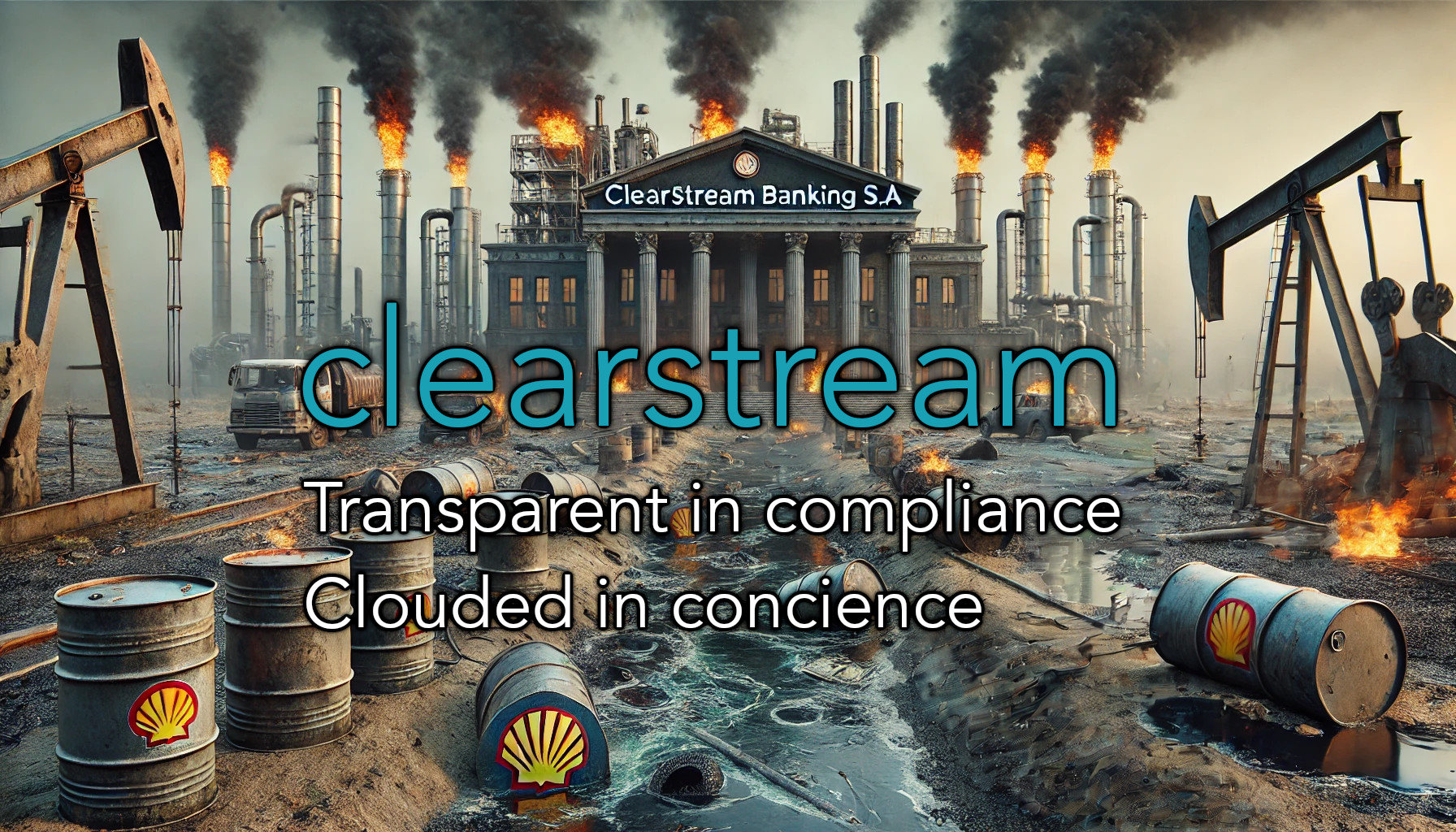If the goal is to accelerate environmental devastation, lay off thousands of workers, and cement Big Oil’s death grip on global energy policy, then sure—go right ahead.
Nothing screams “brighter future” like two of the UK’s most notorious polluters joining forces to double down on destruction. That’s right—some investment bankers and analysts, never ones to let a good environmental catastrophe go to waste, are floating the idea of a BP-Shell merger. The goal? To create a “national champion” capable of competing with the likes of France’s TotalEnergies and American titans ExxonMobil and Chevron. Because, obviously, the world needs another corporate Goliath ramping up oil extraction while sprinkling in just enough greenwashing to keep up appearances.
A Behemoth of Greed and Emissions
According to The Mail’s Mark Shapland, a BP-Shell mega-merger would create a “behemoth” with 180,000 employees and the scale to slash costs. Translation? Mass layoffs, cost-cutting, and a glorious race to the bottom for environmental and safety standards. Meanwhile, Shell—gloriously steered by CEO Wael Sawan—has gone “from strength to strength” (read: even bigger profits, even more pollution), while BP’s Murray Auchincloss is clinging to his last shred of credibility. With activist investor Elliott Management circling like a vulture, BP’s leadership is scrambling to keep shareholders happy. Merging with Shell might just be their Hail Mary play.
The “Brilliant” Business Case: Doubling Down on Destruction
Breakingviews’ Yawen Chen argues that merging BP and Shell might not be entirely insane. Even modest cost-cutting measures could supposedly add $33 billion to the value of the combined group—because the best way to improve a struggling company is to merge it with another ageing fossil-fuel dinosaur. Of course, pesky details like regulatory hurdles, job losses, and corporate culture clashes might make things a bit complicated. Competition authorities would demand disposals in retail sites, aviation supply, and lubricants—because nothing says “national champion” like carving up your own empire to get the deal approved.
BP: A Company in Freefall
BP’s descent into “takeover territory” is a tragicomedy of its own making. The grand “climate-friendly” pivot under former CEO Bernard Looney—slashing oil and gas production by 40% while promising 50 gigawatts of renewables by 2030—sent investors running for the hills. Auchincloss has since tried to undo some of that damage, but not fast enough for BP’s shareholders, who remain unimpressed. Cue Elliott Management, now holding a 5% stake and demanding a full-throttle return to oil and gas.
The Bottom Line? More Fossil Fuels, More Chaos
According to The Daily Telegraph’s Ben Marlow, BP’s half-hearted approach to dropping its green commitments while still throwing “billions of pounds” at renewables has left it stuck in corporate purgatory. Its debt levels are sky-high, and with no cash to pacify investors with dividends and buybacks, everything—including a possible breakup—is on the table. Bloomberg’s Chris Hughes notes that Elliott’s strategy of gutting BP’s renewables division and focusing on oil might offer a quick fix for the share price, but it’s a myopic move that ignores the long-term risks of, well, the planet burning.
Investors Laughing All the Way to the Bank
And who benefits from this financial circus? BP and Shell’s biggest investors, of course. BlackRock, Vanguard, and State Street—those ever-present overlords of global finance—are more than happy to keep bankrolling climate collapse as long as the returns keep rolling in. Because, in the grand scheme of things, what’s a little global catastrophe compared to another quarter of record-breaking profits?
So, should BP and Shell merge? If the goal is to accelerate environmental devastation, lay off thousands of workers, and cement Big Oil’s death grip on global energy policy, then sure—go right ahead. But let’s drop the pretence that this is about “national strength” or “competitiveness.” This is about one thing only: profit at any cost.
This website and sisters royaldutchshellgroup.com, shellnazihistory.com, royaldutchshell.website, johndonovan.website, shellnews.net, and shellwikipedia.com, are owned by John Donovan. There is also a Wikipedia segment.


 EBOOK TITLE: “SIR HENRI DETERDING AND THE NAZI HISTORY OF ROYAL DUTCH SHELL” – AVAILABLE ON AMAZON
EBOOK TITLE: “SIR HENRI DETERDING AND THE NAZI HISTORY OF ROYAL DUTCH SHELL” – AVAILABLE ON AMAZON EBOOK TITLE: “JOHN DONOVAN, SHELL’S NIGHTMARE: MY EPIC FEUD WITH THE UNSCRUPULOUS OIL GIANT ROYAL DUTCH SHELL” – AVAILABLE ON AMAZON.
EBOOK TITLE: “JOHN DONOVAN, SHELL’S NIGHTMARE: MY EPIC FEUD WITH THE UNSCRUPULOUS OIL GIANT ROYAL DUTCH SHELL” – AVAILABLE ON AMAZON. EBOOK TITLE: “TOXIC FACTS ABOUT SHELL REMOVED FROM WIKIPEDIA: HOW SHELL BECAME THE MOST HATED BRAND IN THE WORLD” – AVAILABLE ON AMAZON.
EBOOK TITLE: “TOXIC FACTS ABOUT SHELL REMOVED FROM WIKIPEDIA: HOW SHELL BECAME THE MOST HATED BRAND IN THE WORLD” – AVAILABLE ON AMAZON.





















